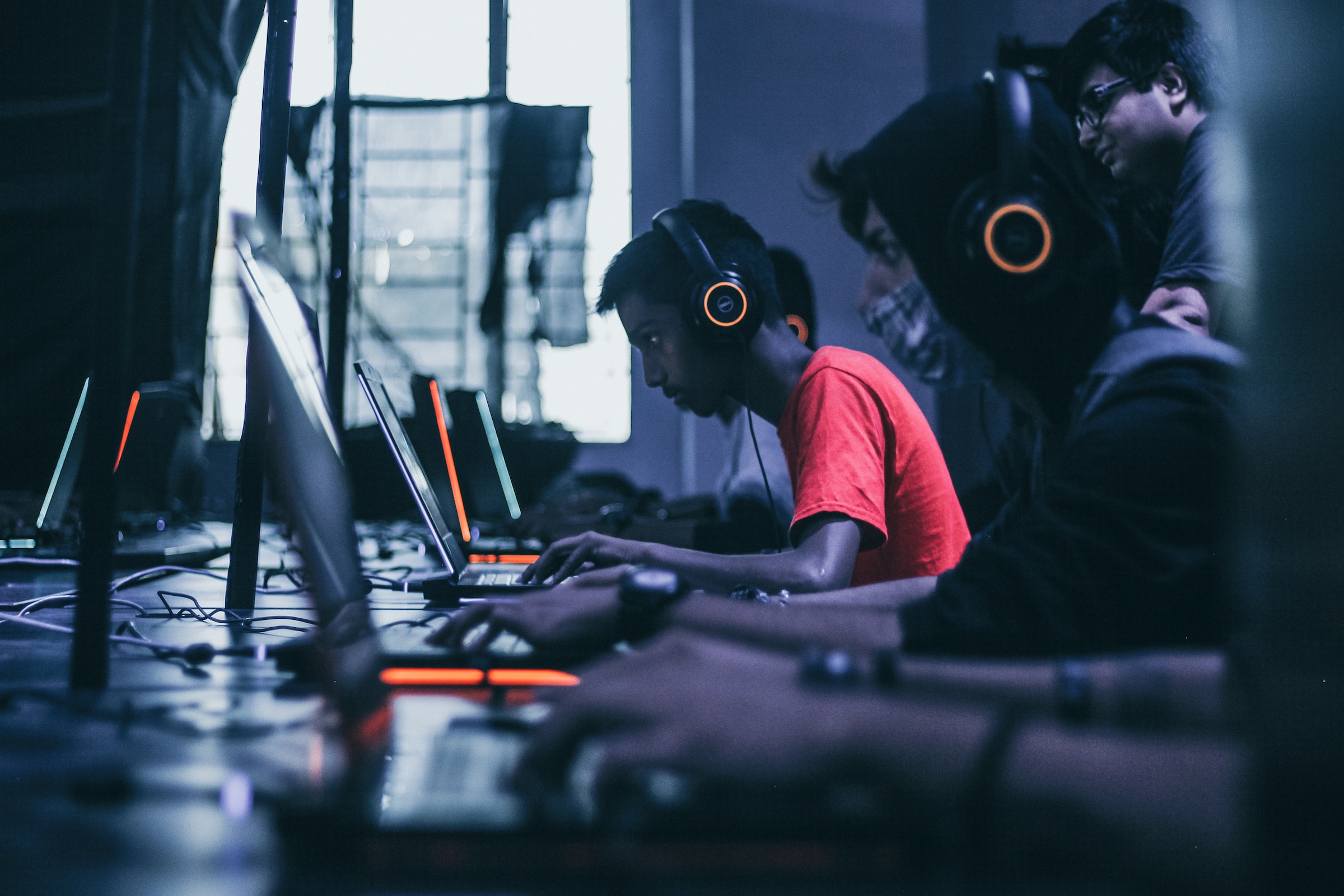Online gaming is an increasingly popular way to connect with others. However, it is also a place where toxic behavior can be commonplace.
Unity, the game development platform, has released a new study that shows that seven out of 10 players have experienced some form of toxic behavior. These include sexual harassment, hate speech, threats of violence, and doxing. We hope that with the following tips, you will be able to stay in a pleasant community and enjoy the game.
Educate yourself on the game
Online gaming can be fun and exciting but has negative effects. Research suggests that it can lead to obesity, depression, poor grades, and addictive behavior if not appropriately monitored.
Game companies can help by implementing zero-tolerance policies around workplace harassment, fostering healthier communities, and regularly offering anti-bias training to employees. Likewise, gamers can avoid toxic behavior by playing games that promote healthy and inclusive social spaces and avoid players who engage in harmful behaviors.

A new guide, The Art of Managing Toxicity in Online Gaming Environments, aims to provide game developers with tools and strategies for reducing disruptive behavior. This includes identifying the game’s key features and providing an outline of what can be expected to happen in a virtual world.
Toxic behaviors are often driven by a combination of factors. These include a game’s reputation, the studio’s understanding of its target audience, and the community’s context. The latter can include how parents or the media project their views on the playing community and its players.
Regardless of these factors, the most important thing is to avoid toxic behavior at all costs. These behaviors can ruin the foundation of a game space and create an atmosphere where egregious and damaging behavior is accepted, seen, and repeated without consequence.
To avoid toxic behavior in online gaming environments, gamers and game companies need to consider the big picture and be clear about what behaviors they want to see. The best way to do this is by taking stock of a game’s values and developing a clear vision for its community. This will set the tone for all that comes after, from how a company handles employee grievances to how its players respond to harassment.
Be respectful of others
One of the most important things you can do in an online gaming environment is to respect others. It means respecting each other’s rights and beliefs, helping, agreeing to the rules, and sticking to them. It can be said about PaperHelp, as the company is respectful and generous to its customers, helps them with tasks of varying complexity and subject matter, and is highly esteemed.
While respect might sound like a simple task, getting lost in the game and forgetting you’re communicating with others can be easy. Whether you’re talking to your friends in-game or a random stranger, keeping the conversation open and positive is important.
Toxic behavior can be difficult to detect, and it can even be hard to know what constitutes toxic behavior in the first place. It can be anything from verbal trash talk to egregious offenses such as child grooming or extremist rhetoric.
However, you must take the time to think about how your actions impact other players and their experience of the game. If you don’t, it could be harmful and cause them to lose confidence in the game.
According to research, most multiplayer gamers think more solutions are needed to reduce toxicity in online gaming environments. More than three-quarters of them (77%) agree that players should be suspended from playing if they exhibit toxic behavior.
The key to reducing toxic behaviors is to find ways to identify them and defuse them before they become too severe. Luckily, many games have already implemented measures to address this issue. For instance, League of Legends has a Tribunal that crowdsources reports of toxic behavior from other players. This helps to determine if the player should be punished or not. Similarly, Unity recently announced that it would acquire an artificial intelligence company that can analyze voice chats to monitor abusive behavior better.

Don’t let your emotions get the best of you
A major part of avoiding toxic behavior in online gaming environments is to avoid letting your emotions get the best of you. To do this, you should identify the stimuli that evoke strong feelings and find ways to respond appropriately.
If you’re feeling upset and unsure how to handle it, take a step back from the situation. This will help you regain control and focus on the game.
Many things can trigger emotions, such as bad gameplay, rejection, loss, or threats to status and ego. These situations can be extremely stressful and make you depressed, anxious, or even violent.
Be yourself
One of the biggest ways to avoid toxic behavior in online gaming environments is to be yourself. This is important for everyone, especially those new to the games or nervous about interacting with others online. Introducing yourself to the chat and saying that you are new to the game will make people more open to you and want to help you.
A survey by Harris Poll found that about half of online gamers report experiencing toxicity in-game at least “sometimes.” The same study found that women, members of the LGBTQ+ community, and African Americans are some of the most frequent targets for toxic behavior. This is a problem that needs to be addressed if video gaming is to remain enjoyable for all players. Toxic behavior is not tolerated in any form and should be reported to a supervisor as soon as possible. Thankfully, most video games and platforms have abuse reporting procedures in place to help players act against those behaving inappropriately. In some cases, blocking or muting in-game chat may be necessary to prevent toxic behavior.
